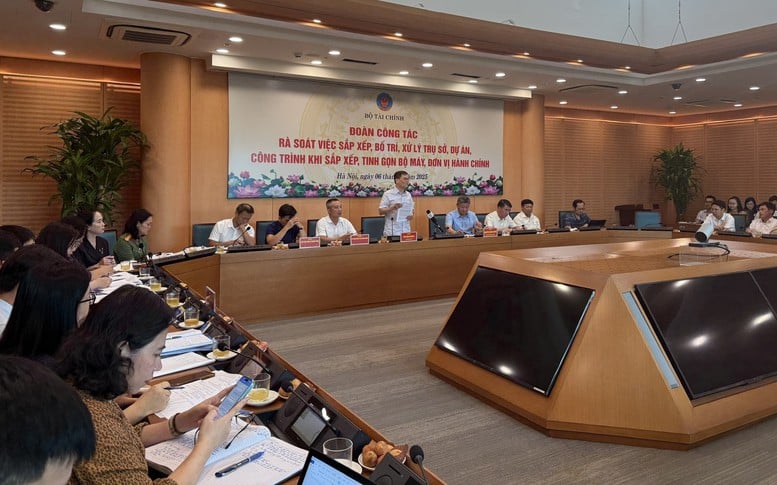
Working session of the Working Group reviewing the arrangement, layout, and handling of headquarters, projects, and works when streamlining the apparatus and administrative units working with the Hanoi People's Committee - Photo: VGP/HT
This is the content discussed at the working session of the Working Group reviewing the arrangement, layout, and handling of headquarters, projects, and works when streamlining the apparatus and administrative units working with the Hanoi People's Committee on June 6.
Much Projects are stopped or adjusted, Hanoi proposes special mechanisms
According to statistics from the representative of Hanoi City: After implementing the policy of rearranging and streamlining the administrative apparatus, Hanoi reduced from 526 communes, wards and towns to 126 units. This process affected more than 5,200 headquarters and public service establishments, with a total land area of about 27 million m² and houses of about 17 million m². Through review, the city has identified 291 redundant establishments that need to be handled.
A total of 1,206 projects were affected by the administrative arrangement. Of these, 561 projects were suspended, while 645 projects continued to be implemented in different forms such as adjusting the scale, changing the purpose or stopping completely.
The leaders of the Hanoi People's Committee proposed that there should be adjustments in some regulations to clarify the scope of adjustment, especially related to the non-residential area of the first floor of resettlement apartments and workers' housing.
Vice Chairman of Hanoi People's Committee Nguyen Manh Quyen frankly proposed: The city wants to have a special mechanism to handle the shortcomings.
"Infrastructure must be planned and invested appropriately to retain high-quality human resources in the political system. Standards on headquarters, facilities, income, etc. need to be realistic and attractive enough," said Vice Chairman Nguyen Manh Quyen.
Along with that, Hanoi recommends that it is necessary to soon complete the system of standards and norms for the use of headquarters, working equipment and medical, cultural andeducational facilities to serve as a basis for reviewing and handling public assets in a transparent and unified manner.
"The city has sent district and commune officials to the grassroots to improve their implementation capacity, properly implement the policy of decentralization, delegation of authority, and thoroughly handle everything from A to Z," said Mr. Quyen.
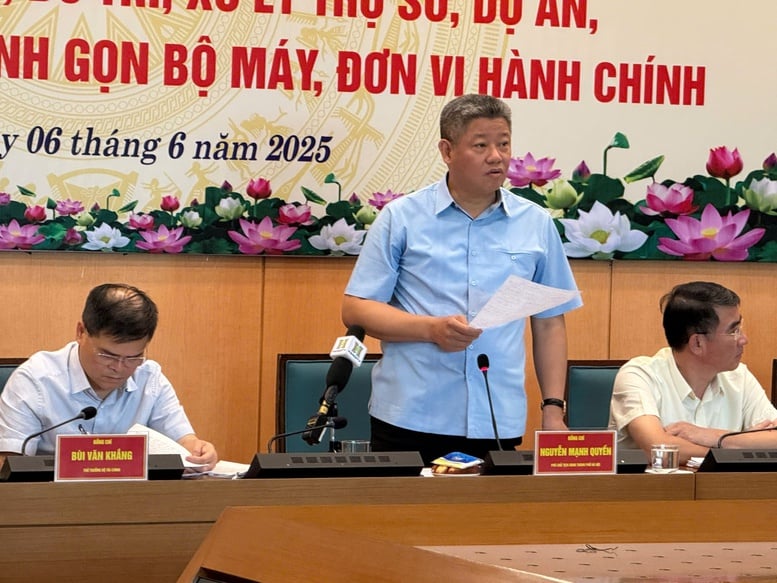
Mr. Nguyen Manh Quyen, Vice Chairman of Hanoi People's Committee speaking at the meeting - Photo: VGP/HT
In practice, localities, especially Hanoi, are facing a series of difficulties such as: standards for using headquarters, handling assets that are no longer needed, risks of leasing for the wrong purpose, and lack of guidance when converting the functions of public works.
Many cultural and sports facilities have been heavily invested in but are now degraded or not being used to their full capacity. Some places are rented out for the wrong purposes and there is no mechanism for recovery.
In the health sector, the inadequacy between large hospitals not operating at full capacity and a lack of basic health care continues. The uneven allocation of investment has led to a situation of "half-baked" projects, lacking legal framework to regulate them.
"Central ministries and branches need to coordinate to review and hand over unused public assets to localities. At the same time, it is necessary to unify standards and norms and have specific instructions to avoid the situation where each place does things differently," said a representative of the Hanoi Department of Finance.
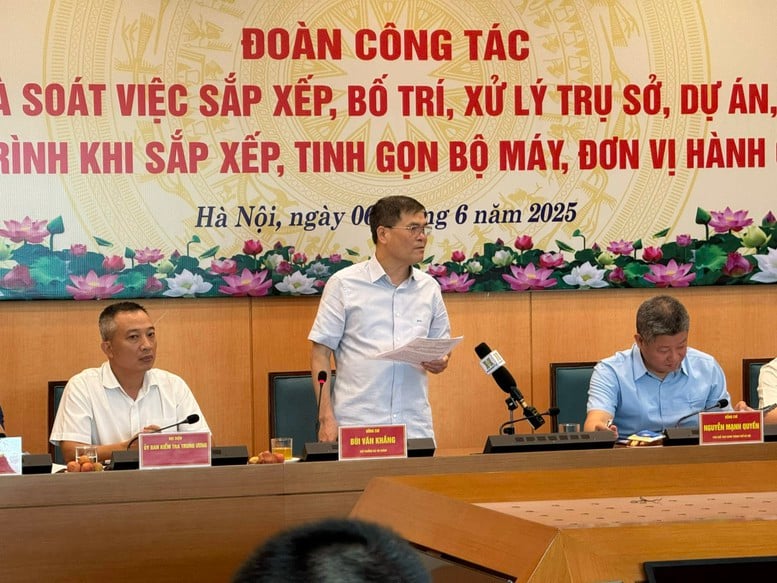
Deputy Minister of Finance Bui Van Khang speaks at the meeting - Photo: VGP/HT
Ministry of Finance: Strict control, synchronous handling, no waste
Deputy Minister of Finance Bui Van Khang said: Implementing the direction of the Politburo, the Secretariat and the Central Steering Committee on anti-corruption and anti-negativity, directly led by General Secretary To Lam, the authorities are focusing on tightening the leadership and direction role in reviewing and arranging public assets, especially the surplus assets after the process of streamlining the state apparatus.
Accordingly, the management and use of public assets is a regular activity according to the Law on Management and Use of Public Assets and Decree 67. However, in the recent mergers at the district and commune levels in many localities, a large amount of surplus assets has arisen, posing higher requirements for direction and coordination from competent authorities.
To proactively control the situation, the Prime Minister issued Decision No. 23 on the general inventory of public assets, followed by Directives No. 01 and 02. When entering the implementation phase, the Prime Minister continued to issue Official Dispatches No. 68 and 80 to specify and promote the implementation of the instructions from the Politburo and the Secretariat.
Notably, the Minister of Finance and Secretary of the Party Committee of the Ministry sent a document to the Secretaries of Provincial and Municipal Party Committees and leaders of central ministries and branches, requesting close attention and direction to the implementation process in localities.
Notably, the working delegation in Hanoi this time includes two main groups of subjects. The first is the central ministries and branches responsible for issuing institutions and guiding procedures on arranging public assets associated with the organizational apparatus. The second is the ministries and branches with vertical public assets in the locality - the units that need to coordinate closely with the locality in reviewing and determining plans to retain, transfer or hand over assets in accordance with the needs of use.
In its role as a bridge, the Ministry of Finance is supporting the parties to unify data and classify assets. From there, it clearly defines the content to be retained, the content to be transferred or recovered to avoid dispersion, prolongation, and impact on the planning and arrangement of public assets in the locality.
Therefore, the Ministry of Finance requests ministries, branches and Hanoi City to urgently complete the data in this phase, to ensure the city implements synchronously and comprehensively. Avoid the situation of small, sporadic handling that causes interruption and inefficiency in the process of arranging public assets associated with streamlining the administrative apparatus.
Deputy Minister of Finance Bui Van Khang said that the Ministry has issued many guiding documents and established a special working group to accompany localities in reviewing and handling public assets. The Ministry also organized a national online conference to grasp the situation and remove difficulties.
"The arrangement of public assets cannot be done carelessly but must be thorough, comprehensive, and synchronous. There must be general inventory data, clearly identifying which assets to retain, which to hand over, and which to recover. Do not leave any behind, do not let it drag on," Deputy Minister Bui Van Khang emphasized.
At the same time, the leader of the Ministry of Finance said: The Central Inspection Committee supervised the implementation of Resolution 18-NQ/TW, demonstrating determination in inspection and supervision work.
Deputy Minister Bui Van Khang said: The Ministry of Finance is amending many important decrees such as Decree 152. Regulations on standards and norms for the use of office buildings and public service facilities ; Decree 73 stipulates standards and norms for automobile use, Decision 50 stipulates standards and norms for machinery and equipment. At the same time, the Ministry of Finance drafted a new decree on decentralization in public asset management. These documents have been widely consulted and are expected to be completed before June 15 as directed in Official Dispatch 80. On promoting the implementation of the plan for handling assets after restructuring and organizing the apparatus and administrative units at all levels of the Prime Minister."This draft gives full authority to localities in arranging public assets, without having to ask for the Ministry of Finance's opinion as before. This is a big step forward in decentralization and delegation of power - in line with the direction of the Politburo, the Secretariat and the Government," said the Deputy Minister of Finance.
Emphasize the need for real effectiveness, Deputy Minister Bui Van Khang emphasized: Do not allow the situation of doing things first and adding regulations later. The arrangement of public assets must be consulted, inspected and supervised by the Party Committee. When the organization and arrangement of the apparatus are completed, the workplace and equipment must also be available.
"The Ministry of Finance commits to providing specific instructions and clear criteria before June 15 for localities to implement. Many assets are not used for the right purposes, causing waste. This inventory must be thoroughly rearranged, and at the same time, clearly identify the plan for use or recovery," the leader of the Ministry of Finance emphasized.
"It is necessary to clearly define the contents that need to be done within 3 months from the date the project on restructuring the apparatus is approved. The time is short, so there must be a strict control mechanism to ensure the roadmap goals required by the Prime Minister," the leader of the Ministry of Finance noted.
Huy Thang
Source: https://baochinhphu.vn/sap-xep-tai-san-cong-sau-tinh-gon-bo-may-ha-noi-hanh-dong-quyet-liet-102250606150453751.htm












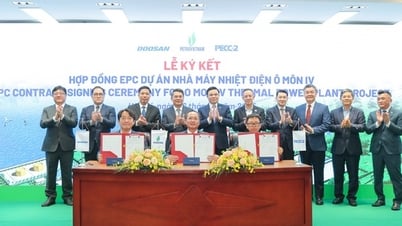

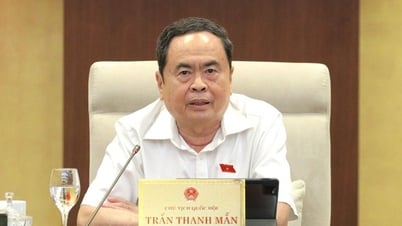





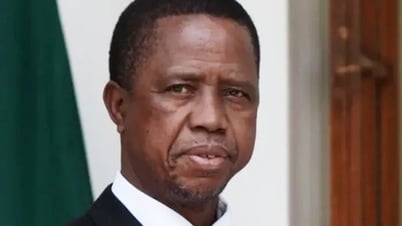


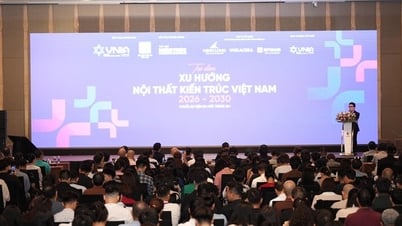
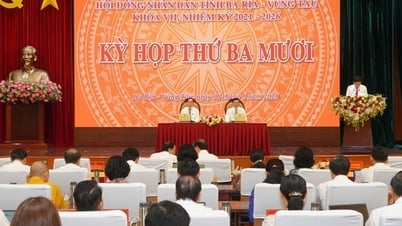
![[Photo] President Luong Cuong works with Hung Yen and Thai Binh Provincial Party Committees on implementing Resolution of the 11th Central Conference, 13th tenure](https://vphoto.vietnam.vn/thumb/1200x675/vietnam/resource/IMAGE/2025/6/6/127b735d2761484d81dcee0d7725a25b)


![[Photo] General Secretary To Lam receives Korean Ambassador to Vietnam](https://vphoto.vietnam.vn/thumb/1200x675/vietnam/resource/IMAGE/2025/6/6/a0765b7543784cbcbfe4755b67d43ab4)





























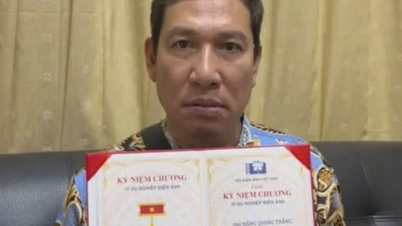







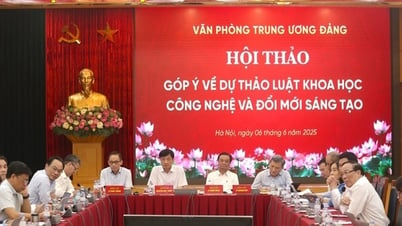

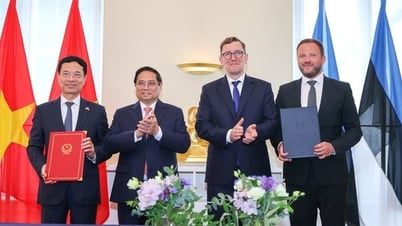





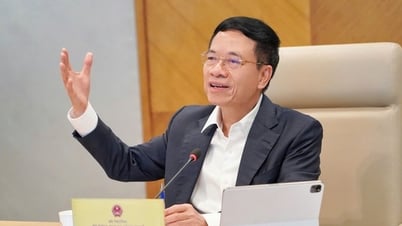
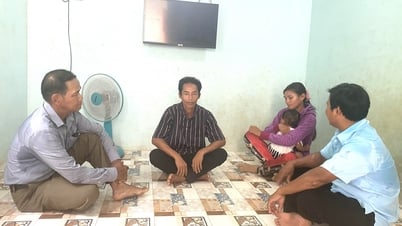




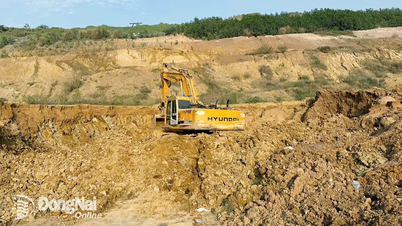

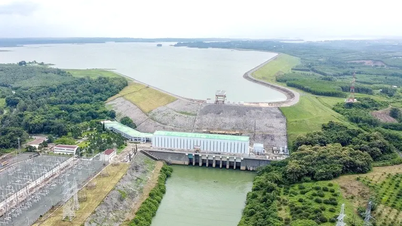
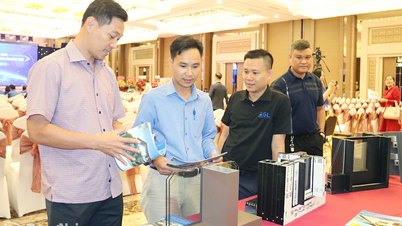




![[OCOP REVIEW] Tu Duyen Syrup - The essence of herbs from the mountains and forests of Nhu Thanh](https://vphoto.vietnam.vn/thumb/402x226/vietnam/resource/IMAGE/2025/6/5/58ca32fce4ec44039e444fbfae7e75ec)









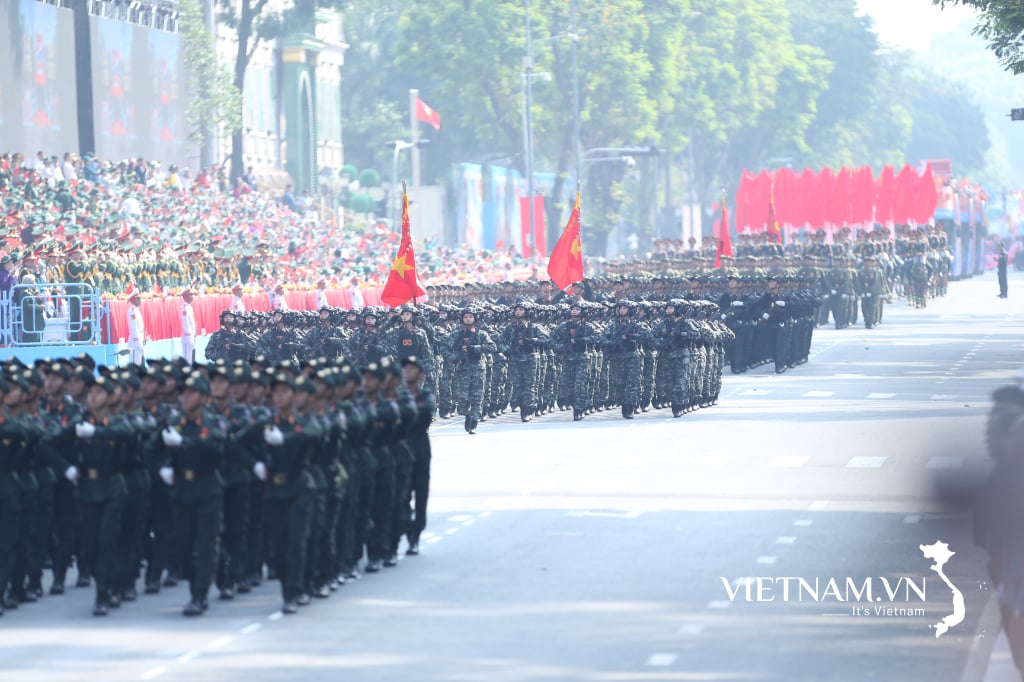
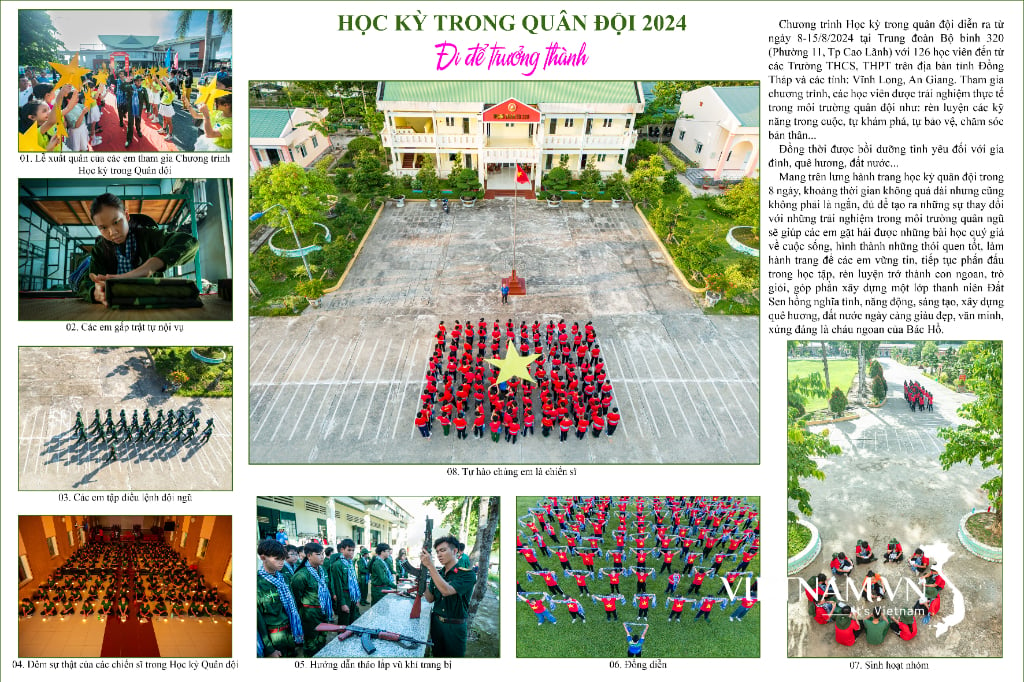
Comment (0)